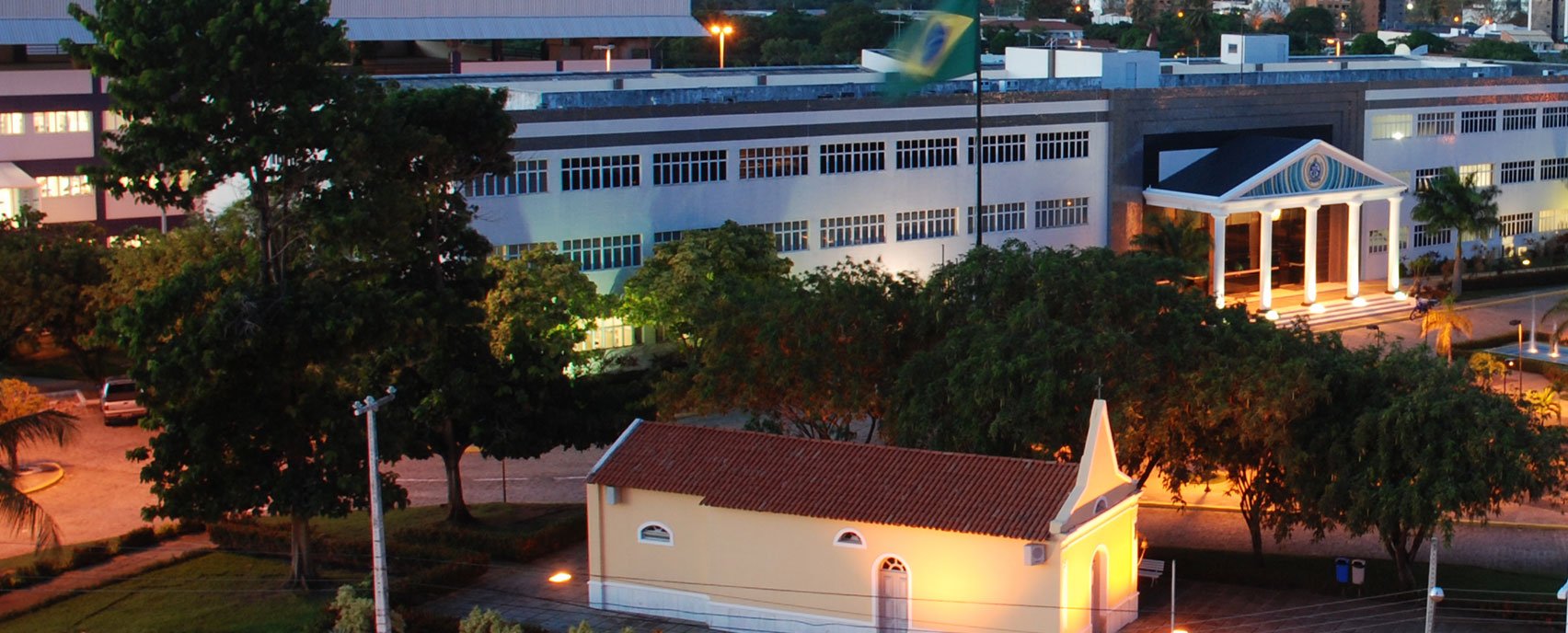
It is possible for some visitors to live with a Brazilian family in the Host Program. However, because of limited supply, some international students will still need to opt for renting apartments near Tiradentes University, with support from the International Relations team. Upon arrival, if students have not rented a residence or secured a guaranteed Host, we recommend that they stay at local hostels until they find a suitable place. In Aracaju, there are a variety of condominiums close by Tiradentes University where it is possible to rent a complete apartment – costing, on average, R$1,500 (Brazilian currency) per month – or rent individual rooms while sharing the apartment with other students. In Recife, Pernambuco, and Maceió, Alagoas, rents, as well as the cost of living, is slightly higher than in Aracaju. In Maceió, the Tiradentes campus is located near shopping malls and residential neighborhoods. In Recife, the main campus is located in the attractive Soledade neighborhood, near the Historic Center of the city and the city’s principal tourist attractions.
There are many international points of entry in Brazil; the main international airports are located in São Paulo, Brasília, Recife, and Rio de Janeiro. Aracaju and Maceió are regional hubs with daily connecting flights to Brazil’s main points of entry.
The climate in our three cities is tropical: warm and humid. The dry season begins toward the end of a given calendar year and stretches into the early months of the following year. Aracaju is a coastal city with various rivers running through it. The average temperature in Aracaju is 26 degrees Celsius/79 degrees Fahrenheit, with annual precipitation of about 1,500 millimeters (just under 60 inches). In Recife, the average temperature is 27 degrees Celsius (81 degrees Fahrenheit), while Maceió on average has a cooler temperature of approximately 24 C (75 F). Opposite to the northern hemisphere, our winter arrives in approximately June through August and our summer goes from December to May. This also creates for us an academic calendar distinct from that found in the northern hemisphere. Northeast Brazil’s tropical climate and the proximity of beautiful beaches allows for an abundance of outdoor activities in our cities.
Travel insurance is a form of health coverage whose objective is to support health care needs of international travelers during their trips abroad. Should there occur an unforeseen need, traveler’s health insurance, acquired before traveling to Brazil, is necessary. To avoid unnecessary additional expenses, travel insurance is the best solution. For students and researchers joining us on international exchanges, it is essential to present travel health insurance certificates or documentation to the International Relations Office at Tiradentes University before departure for Brazil, along with other required documents. Documentation showing possession of an active travel insurance policy will also be part of the exchange student’s application for a student visa at the nearest Brazilian Consulate.
Besides the three airports mentioned, the three cities where campuses are located are along major highways linked to the national highway grid. All three also have extensive systems of public transportation. It is possible to travel across each one of the three cities by bus. In Aracaju, students all have the benefit of the Aracaju School Card (Cartão Mais Aracaju Escolar). This card gives students a 50% discount on the normal bus fares in greater Aracaju. In Maceió, the same discount is available with the School Card (Cartão Bem Legal Escolar) card, available to individuals with student ID’s, which is also the case in Recife. These cities have large taxi fleets, as well as having active app-generated transportation, such as Uber and 99 Pop. Most visitors find the app-driven transportation modalities rapid, efficient, and relatively inexpensive.
The cost of living in Aracaju, Maceió, and Recife is relatively low, compared to that of Europe or the USA. It is also lower than that encountered in other areas of Brazil, such as São Paulo or Rio de Janeiro. Among the three cities, Aracaju has the lowest cost of living and Recife the slightly higher, although the differences between the three are negligible. For in-city transportation, bus fares are reasonably priced: Currently about R$4 (approximately US$1), and they will be discounted 50% with a student ID in each of the three cities. Food, both in supermarkets and restaurants, is relatively inexpensive when compared to Brazil’s overall costs; and certainly lower when compared to averages prices overseas. The exceptions are the large and famous restaurants in Recife, which can be as expensive as other international venues.
Brazil’s national currency, since 1994, is the Real. It is quite easy to check the daily rate of exchange at currency exchange houses as well as at various online sites. There are currency exchange house in all of our cities, as well as banks which provide similar services. Unlike in some other countries of Latin America, it is not possible, in Brazil, to use dollars or other international currencies in local commerce. Besides national banks such as Banco do Brasil, Itaú, and the Caixa Econômica Federal, there are international banks such as Santander. On the Tiradentes University main campus in Aracaju, there is a Santander Bank agency and various ATM machines to attend to our students’ needs. Major credit and debit cards can be used.